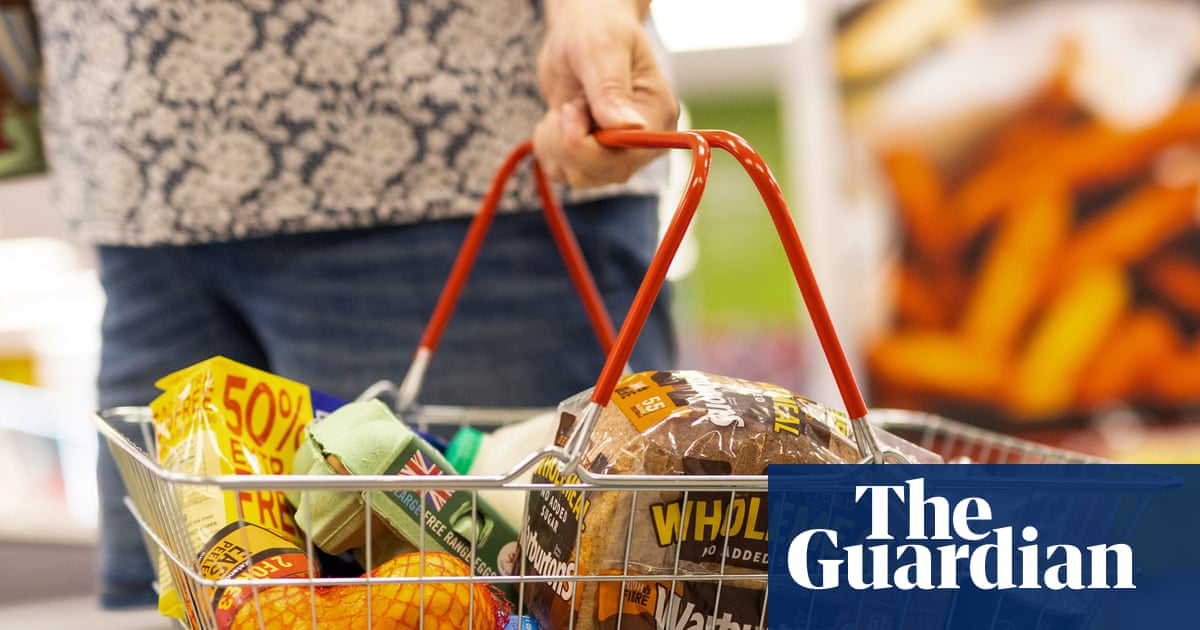
"It's about 3p on a pack of sausages, says Andrew Keeble, the co-founder of Heck, of the new extended producer responsibility (EPR) tax. This year's packaging tax bill for the family-run food manufacturer, based near Bedale, North Yorkshire, which landed this month, is 153,000. Heck has already absorbed the increases in employer national insurance contributions and the national living wage announced a year ago by the chancellor, but Keeble suggests this new tax will have to be passed on to a fairly cash-strapped nation."
"The packaging levy designed to end excessive packaging and create a circular economy transfers the cost of recycling the ready meal containers and wine bottles in your kerbside bin from councils back on to the companies that sold them. We all hate plastic, Keeble says. We wish we could live without it. But the reality is this particular tax has been really poorly thought through."
"The EPR has been a long time in the making. The idea was introduced by Michael Gove when he was environment minister at the tail end of 2018, with the policy a key plank of a new recycling regime for England. That December, food inflation was running at 0.7%. But now the environmental measure is kicking in at the tail end of a cost of living crisis in which food price inflation peaked at more than 19%."
The extended producer responsibility (EPR) packaging levy shifts recycling costs for ready-meal containers and bottles from councils to the companies that sold them. Family-run manufacturer Heck faces a £153,000 bill and estimates the charge adds about 3p to a pack of sausages. Heck has already absorbed recent employer national insurance and national living wage increases and warns the new levy will likely be passed to cash-strapped consumers. Attempts to find viable alternatives to the plastic tray and cardboard sleeve have so far failed. The EPR was introduced in late 2018 and is being implemented amid a cost-of-living crisis with food inflation peaking above 19%.
Read at www.theguardian.com
Unable to calculate read time
Collection
[
|
...
]